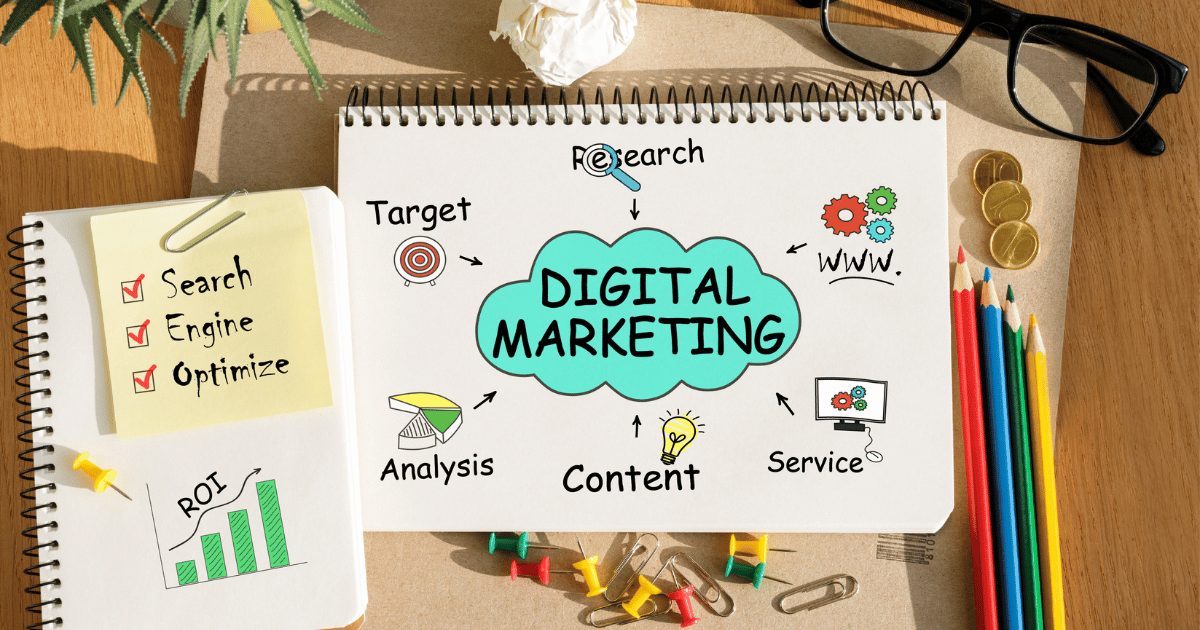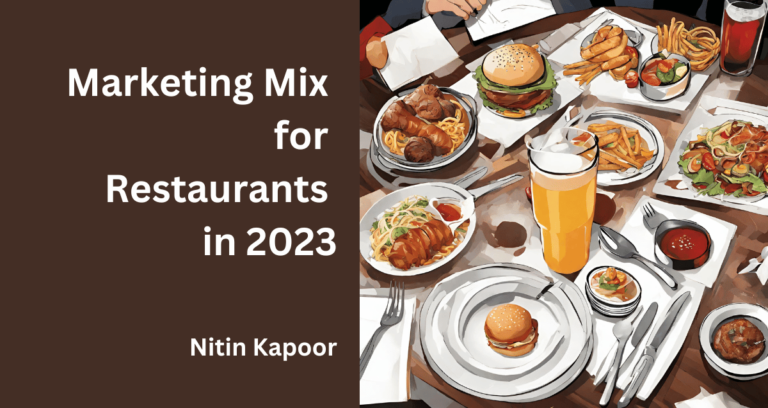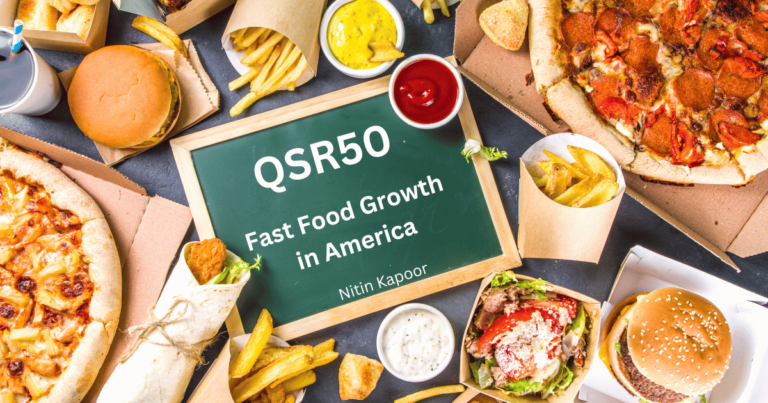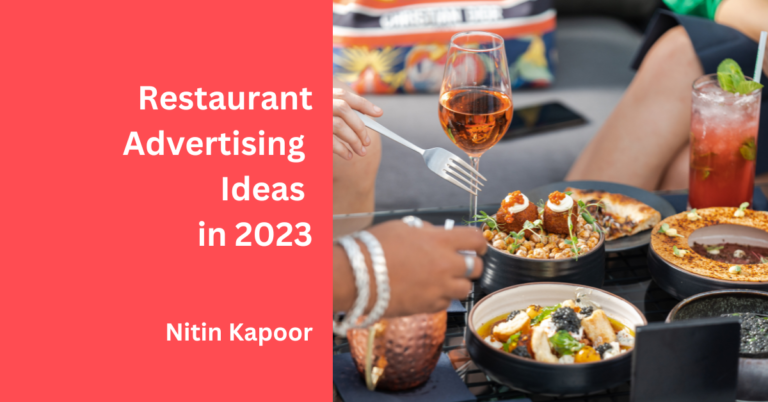Digital Marketing Mastery: 7 Proven Ways to Elevate Restaurant Success
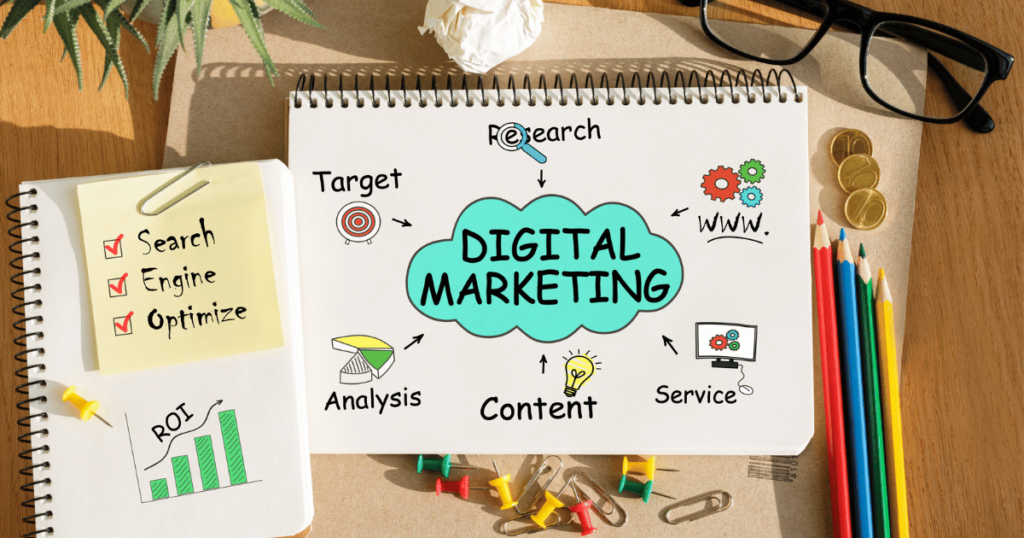
Introduction
In today’s digital age, the success of restaurants goes beyond delectable dishes. It extends to an online presence that attracts and engages customers. Digital marketing for restaurants has become a recipe for success, and we’re here to help you master it.
Restaurants, whether established or startups, need a robust digital marketing strategy to thrive. As a seasoned restaurant marketing professional, I’ve conducted extensive research and analysis in the food and restaurant industry. In this article, I’ll guide you through the essential aspects of digital marketing for restaurants, sharing my expertise and knowledge.
Digital Marketing Strategies
Digital Marketing for Restaurants: What Works
The Power of Social Media
Email Marketing Campaigns
Search Engine Optimization (SEO)
Online Advertising: PPC and Beyond
Content is King
In the world of digital marketing for restaurants, having a diverse set of strategies is crucial.
Digital Marketing for Restaurants: What Works
When it comes to digital marketing for restaurants, there’s no one-size-fits-all solution. It’s all about understanding your unique brand and target audience. Your digital marketing strategy should include elements like social media, email marketing, SEO, and online advertising, tailored to your specific needs.
The Power of Social Media
Leveraging the potential of social media platforms can significantly boost your restaurant’s online presence. Engage with your customers through visually appealing content and interactive posts. Platforms like Instagram, Facebook, and Twitter can help you connect with your audience on a personal level.
Email Marketing Campaigns
Email marketing remains a potent tool for restaurant promotion. Build a subscriber list and send out newsletters with special offers, new menu items, or upcoming events. It’s a direct way to reach your customers and keep them engaged.
Search Engine Optimization (SEO)
SEO is essential for ensuring that your restaurant’s website appears prominently in search engine results. Incorporate keywords related to your cuisine and location to improve visibility. For instance, if you’re a Mexican restaurant in Los Angeles, keywords like “authentic Mexican food Los Angeles” can be highly effective.

Online Advertising: PPC and Beyond
Pay-per-click (PPC) advertising can provide immediate results. Use platforms like Google Ads to target specific keywords and locations. Additionally, consider social media advertising on platforms like Facebook and Instagram to reach a broader audience.
Content is King
Creating high-quality, informative content on your website can establish your restaurant as an authority in your niche. Share your culinary journey, behind-the-scenes stories, and expert insights. This not only engages your audience but also helps with SEO.
Social Media Engagement
Creating Engaging Content
Choosing the Right Platform
Responding to Customer Feedback
Creating Engaging Content
To stand out on social media, create content that showcases your restaurant’s personality. Share mouth-watering images of your dishes, behind-the-scenes videos, and customer testimonials. Use hashtags to increase discoverability and engage with trending topics in the food industry.
Choosing the Right Platform
Each social media platform has its unique audience. For instance, Instagram is image-centric, while Twitter is great for quick updates. Choose platforms that align with your brand and target audience. Consistency in posting is key.

Responding to Customer Feedback
Social media provides a platform for customers to share their experiences, both positive and negative. It’s essential to respond promptly and professionally to feedback. Address concerns and thank customers for positive reviews. This engagement shows that you value their opinions.
Email Marketing for Restaurants
Building a Subscriber List
Crafting Compelling Newsletters
Personalizing Email Campaigns
Building a Subscriber List
Start by collecting email addresses from customers who dine at your restaurant. You can also use online sign-up forms on your website and social media pages. Offer an incentive, such as a discount on their next visit, to encourage sign-ups.
Crafting Compelling Newsletters
Your newsletters should be well-designed and contain valuable content. Highlight upcoming events, new menu items, and exclusive offers. Personalize emails with the recipient’s name for a more individualized touch.
Personalizing Email Campaigns
Segment your email list to send targeted content. For instance, send promotions related to vegetarian dishes to customers who have shown an interest in plant-based options. Personalization increases engagement and conversion rates.
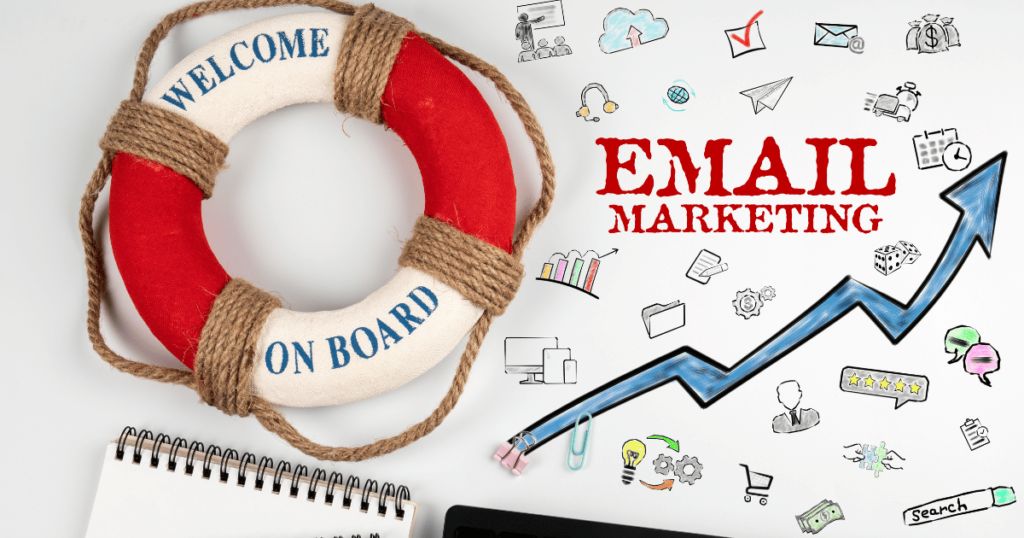
FAQs
Q: What is the role of SEO in digital marketing for restaurants?
A: SEO, or Search Engine Optimization, plays a vital role in ensuring your restaurant’s website appears in search engine results. It involves optimizing your site’s content with relevant keywords to improve visibility and attract potential customers.
Q: How can I make the most of online advertising for my restaurant?
A: Online advertising, especially PPC (Pay-Per-Click) campaigns, can be highly effective. Choose the right keywords and platforms, create eye-catching ads, and monitor performance. It’s a cost-effective way to reach a broader audience.
Q: Why is social media important for restaurant marketing?
A: Social media allows you to connect with your audience on a personal level. It’s a platform to showcase your restaurant’s personality, share visual content, and engage with customers. It’s an invaluable tool for building a loyal customer base.
Q: What should I include in my restaurant’s newsletter?
A: A restaurant newsletter should include information about upcoming events, new menu items, exclusive offers, and customer testimonials. Make sure the content is engaging and visually appealing.
Q: How can I respond to negative feedback on social media?
A: When dealing with negative feedback, respond professionally and empathetically. Address the issue, offer solutions if possible, and show that you value customer feedback. This can turn a negative experience into a positive one.
Q: Is it essential to personalize email campaigns for my restaurant?
A: Personalization can significantly improve the effectiveness of your email campaigns. By sending targeted content to specific segments of your email list, you increase engagement and conversion rates.
Conclusion
Digital marketing for restaurants is not a one-time effort but an ongoing strategy to stay competitive in the modern food industry. By using a combination of strategies, engaging on social media, and maintaining effective email campaigns, you can create a strong online presence for your restaurant. Remember that personalized and high-quality content is key to success. If you need any assistance, do let me know here
